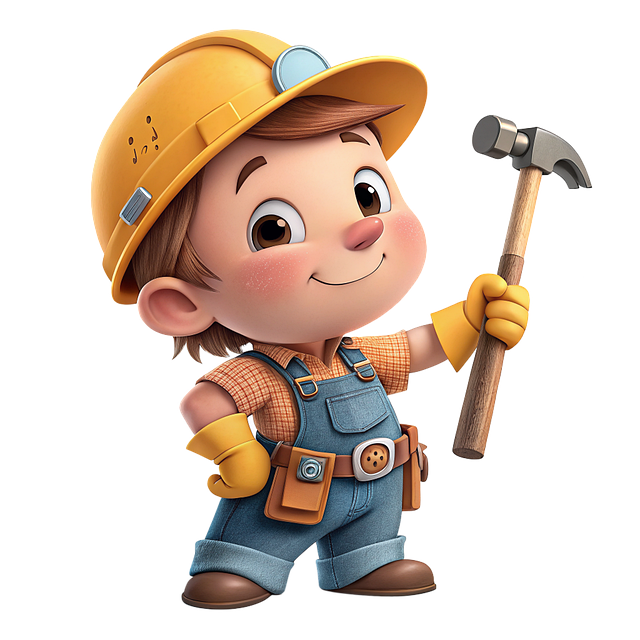Sewer systems, vital for urban areas, require regular maintenance and prompt repair due to potential damage from corrosion, leaks, root infestations, or structural failures. Sewer repair contractors use advanced tools to identify and resolve issues through relining pipes, repairing/replacing damaged sections, clearing obstructions, and installing new equipment. Regular maintenance and swift action prevent costly disruptions and health risks. When hiring a contractor, ensure they are licensed, insured, and experienced in handling diverse sewer repair needs. Modern innovations like relining and advanced inspection technologies enhance the longevity of sewer systems while reducing costs and environmental impact. Prioritizing insurance and liability protection is crucial for homeowners during repairs. Recent projects showcase industry expertise and innovation using trenchless technology and digital monitoring for efficient, sustainable sewer system maintenance.
Sewer repair is a crucial aspect of maintaining any urban infrastructure. From understanding complex sewer systems and common issues like pipe bursts to choosing the right contractor, this article covers all you need to know about effective sewer repair. Learn about modern restoration techniques, the importance of swift action, preventive measures, legal considerations, and successful case studies. Discover future trends in sewer infrastructure maintenance and ensure your property’s longevity by staying informed on the latest in sewer repair technology and practices.
Understanding Sewer Systems and Common Repairs

Sewer systems are an intricate part of any urban infrastructure, responsible for collecting and transporting waste water and sewage away from homes and businesses. Understanding how these systems work is key to identifying potential problems that may require professional intervention. At their core, sewer systems consist of pipes, manholes, pumps, and treatment facilities. Over time, various factors can contribute to damage and dysfunction, leading to the need for sewer repair contractors.
Common issues include pipe corrosion, leaks, blockages caused by tree roots or debris, and structural failures due to aging or poor installation. Contractors specializing in sewer repair employ advanced diagnostic tools to pinpoint problems accurately. They then use techniques such as relining pipes, repairing or replacing damaged sections, clearing obstructions, and installing new equipment to restore the system’s efficiency and prevent future issues. Timely intervention by these experts can save homeowners and businesses from costly disruptions and health hazards associated with sewer system failures.
When to Call a Professional Sewer Repair Contractor
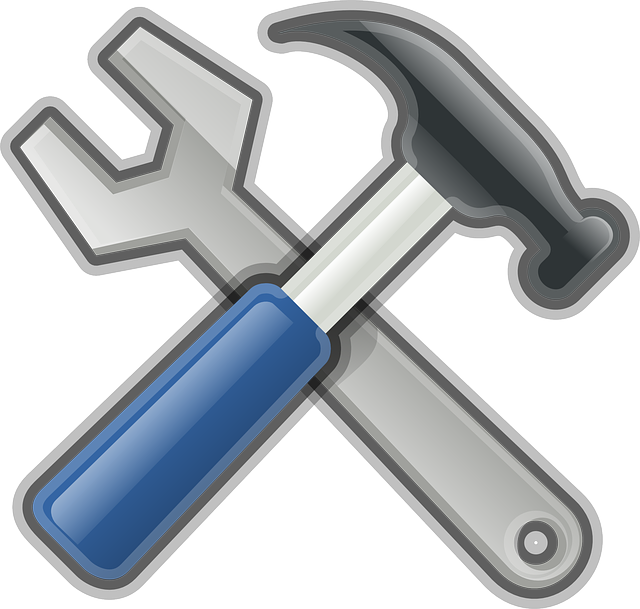
If you’re dealing with persistent clogs, overflows, or unusual noises coming from your sewer lines, it might be time to call in a professional Sewer Repair Contractor. These issues can indicate more serious problems beneath the surface that require expert attention. A contractor has the specialized tools and knowledge needed to assess the situation accurately.
Regular maintenance and quick response to potential issues are key to avoiding costly and disruptive sewer repairs. While some minor clogs can be addressed at home, complex sewer line issues often demand professional intervention to prevent further damage and ensure a reliable plumbing system.
Choosing the Right Sewer Repair Contractor: Key Factors
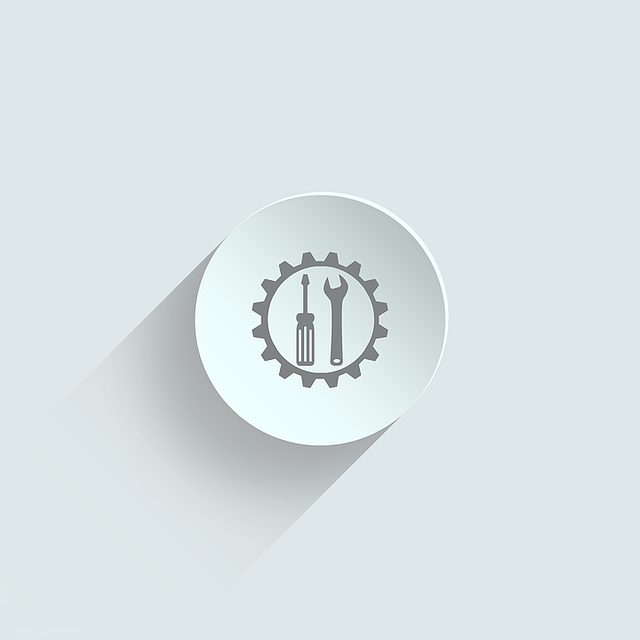
When choosing a sewer repair contractor, it’s crucial to consider several key factors for a successful and long-lasting fix. First, ensure they possess relevant licenses, permits, and insurance to operate legally and protect your investment. Reputable contractors will be transparent about their coverage details, giving you peace of mind.
Second, check their experience and expertise in handling various sewer repair types. Look for specialists who offer a wide range of services, from minor clogging fixes to complex pipe replacements. Online reviews and testimonials can provide valuable insights into their work quality, customer service, and project management skills. Selecting a well-rounded, experienced contractor increases the likelihood of receiving efficient and effective sewer repair solutions tailored to your specific needs.
Modern Techniques in Sewer Line Restoration
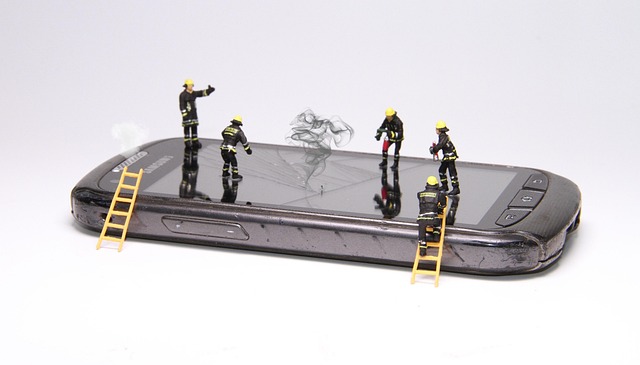
In the realm of sewer repair, modern techniques have revolutionized the way contractors restore damaged or deteriorated sewer lines. One such innovative approach is relining, where a new pipe is inserted inside the existing one to reinforce and seal any leaks or cracks. This method is particularly useful for repairing older pipes without excavation, minimizing disruption to properties and landscapes.
Another game-changer in sewer repair is the use of advanced inspection technologies. High-tech cameras and sensors are employed to thoroughly examine sewer lines, pinpointing issues with accuracy. This enables contractors to plan repairs more efficiently, targeting specific problem areas rather than replacing entire sections of pipe. As a result, modern techniques not only enhance the longevity of sewer systems but also contribute to cost-effectiveness and reduced environmental impact.
The Impact of Quick Action on Sewer Damage Mitigation

Quick action is paramount when addressing sewer damage, as timely intervention can significantly mitigate potential hazards and costs associated with repairs. The longer a sewer line goes unattended after damage occurs, the greater the likelihood of secondary issues arising. These can include backups, leaks, and even structural damage to surrounding areas. Promptly addressing sewer repair allows for the swift replacement or repair of damaged pipes before these complications escalate.
By acting swiftly, sewer repair contractors can often prevent costly and time-consuming emergency repairs. This proactive approach not only saves money in the short term but also safeguards homes and businesses from potential health risks and unsanitary conditions that can result from untreated sewer damage.
Preventive Measures for Longer Sewer Lifespan

Regular maintenance and inspections are key preventive measures for extending the lifespan of your sewer system. One of the best practices is to schedule routine checks by professional contractors who can identify potential issues early on. This proactive approach allows for minor repairs or adjustments before they escalate into major, costly sewer repair problems. By doing so, you not only save money but also ensure the longevity of your plumbing infrastructure.
Additionally, homeowners and businesses should be mindful of what goes down the drain. Avoiding disposal of non-biodegradable materials, grease, and other foreign objects is crucial. These substances can accumulate over time, leading to clogs and damage. Implementing simple measures, such as using drain covers and regular cleaning, can significantly reduce the risk of sewer system deterioration.
Insurance and Liability Considerations for Sewer Repairs

When hiring sewer repair contractors, insurance and liability considerations are crucial. It’s essential for homeowners to ensure that the contractor they choose carries adequate insurance coverage to protect them from potential risks and financial liabilities associated with the repair work. General liability insurance is a must, covering any damages or injuries that may occur during the course of the sewer repair project. Additionally, contractors should have worker’s compensation insurance to cover employee-related injuries on the job site.
Homeowners should request and review policy documents to confirm the scope and depth of coverage. This includes understanding what types of damages are covered, deductibles, and any exclusions. Having a well-insured contractor provides peace of mind and financial security, ensuring that unexpected issues or accidents during sewer repairs do not result in significant out-of-pocket expenses for homeowners.
Case Studies: Successful Sewer Repair Projects
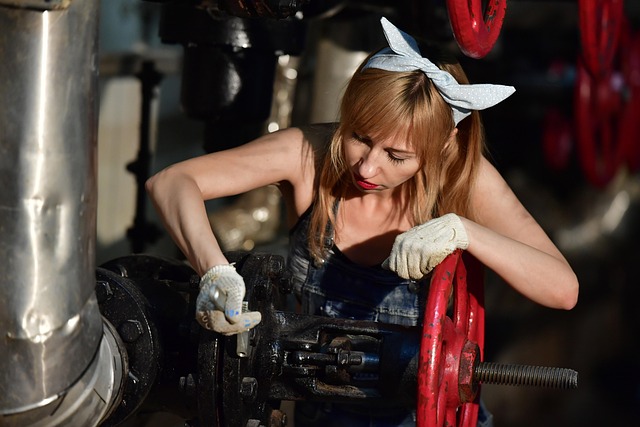
In recent years, several successful sewer repair projects have showcased the expertise and innovation within the industry. One notable example involves a contracting team that successfully restored an aging sewer system in a densely populated urban area. Through a combination of advanced inspection technologies, such as high-definition cameras and sonar scanning, they accurately mapped the entire network, identifying weak points and potential hazards. This meticulous approach allowed for targeted repairs using modern trenchless technology, minimizing excavation and disruptions to residents and businesses.
The project’s success lies not only in the technical expertise but also in effective project management. The contractor coordinated with local authorities, utility companies, and nearby businesses to ensure seamless operations. Regular communication and adaptive planning ensured that the repair process was completed ahead of schedule, demonstrating the potential for efficient and successful sewer repairs even in complex urban environments.
Future Trends in Sewer Infrastructure Maintenance
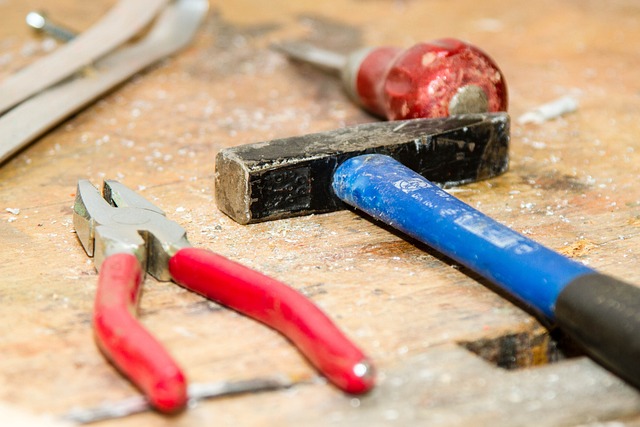
The future of sewer infrastructure maintenance is poised for significant advancements, driven by technology and sustainability concerns. One notable trend is the increased adoption of digital solutions for remote monitoring and predictive analysis. By deploying advanced sensors and IoT devices along sewer networks, contractors can proactively identify potential issues before they escalate into costly repairs. This shift enables more efficient scheduling and resource allocation, as well as reduced downtime for critical infrastructure.
Additionally, the integration of innovative materials and methods in sewer repair is on the rise. Eco-friendly and durable solutions, such as relining techniques and trenchless technology, are gaining traction due to their minimal environmental impact and cost-effectiveness. As the demand for sustainable practices continues to grow, these future trends promise not only to extend the lifespan of sewer systems but also to enhance overall operational efficiency and resilience.
